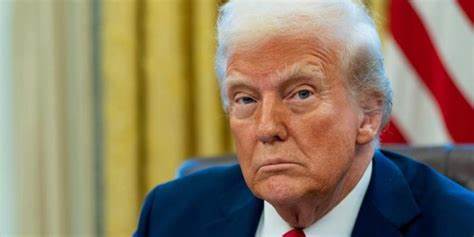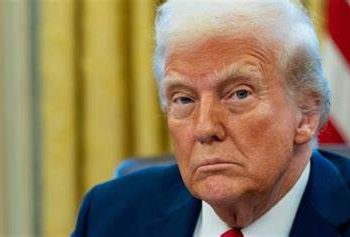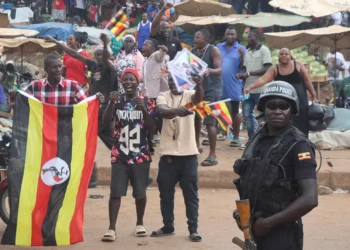The United States Supreme Court has cleared the way for the Trump administration to terminate temporary legal protections for more than half a million migrants from four Latin American and Caribbean nations, delivering a significant victory for the administration’s immigration enforcement agenda.
In an unsigned ruling that provided no detailed explanation, the nation’s highest court granted the government’s request to lift a lower court injunction that had prevented the revocation of legal status for approximately 532,000 individuals from Cuba, Haiti, Nicaragua, and Venezuela. The decision represents one of the most consequential immigration rulings since President Donald Trump returned to office.
The affected migrants had entered the United States under a humanitarian parole program established during the Biden administration, which permitted up to 30,000 people monthly from the four countries to enter legally for two-year periods. The program was designed to provide safe, legal pathways for individuals fleeing ongoing crises in their home nations, including political persecution, economic collapse, and natural disasters.
The Supreme Court’s conservative majority approved the administration’s emergency request to stay the lower court’s protective order, effectively allowing the government to proceed with ending the program. However, the decision sparked sharp dissent from Justices Ketanji Brown Jackson and Sonia Sotomayor, who warned of “devastating consequences” for the migrants involved.
In their dissenting opinion, the liberal justices argued that the court’s ruling places affected individuals in an impossible position, forcing them to choose between returning to dangerous conditions in their countries of origin or remaining in the United States while facing the constant threat of deportation proceedings. The dissenters emphasized that this decision not only jeopardizes the physical safety of migrants but also undermines their ability to pursue legitimate legal claims for protection.
The legal battle originated when multiple lower federal courts ruled against the Trump administration’s efforts to terminate the program. These courts determined that the administration’s decision was based on a flawed interpretation of existing immigration law and failed to adequately consider the humanitarian circumstances that justified the program’s creation.
The parole program had served as a crucial legal mechanism for individuals fleeing some of the Western Hemisphere’s most severe humanitarian crises. Cuba continues to experience widespread economic hardship and political repression, while Haiti faces ongoing gang violence and institutional collapse. Nicaragua has seen intensified authoritarian crackdowns under President Daniel Ortega, and Venezuela remains in the grip of a prolonged economic and political crisis that has displaced millions of its citizens.
This Supreme Court decision aligns with President Trump’s broader immigration enforcement strategy, which has consistently emphasized stricter border controls and reduced legal immigration pathways. Throughout his political career, Trump has made immigration enforcement a central pillar of his policy agenda, including promises to conduct large-scale deportation operations targeting millions of undocumented immigrants currently residing in the United States.
The ruling’s immediate practical impact means that hundreds of thousands of individuals who had been living and working legally in the United States under the parole program now face uncertainty about their future status. Many of these migrants have established lives, found employment, and enrolled their children in schools during their time under legal protection.
Immigration advocates and legal experts have expressed concern that the decision could prompt a significant humanitarian crisis, particularly given the deteriorating conditions in the affected countries. The timing of the ruling, coming amid ongoing instability in Haiti and continued repression in Cuba, Nicaragua, and Venezuela, has intensified these concerns about the safety of returning migrants.
The Supreme Court’s action represents a significant shift in U.S. immigration policy and demonstrates the Trump administration’s commitment to rapidly implementing its promised changes to the nation’s approach to migration and humanitarian protection.


















